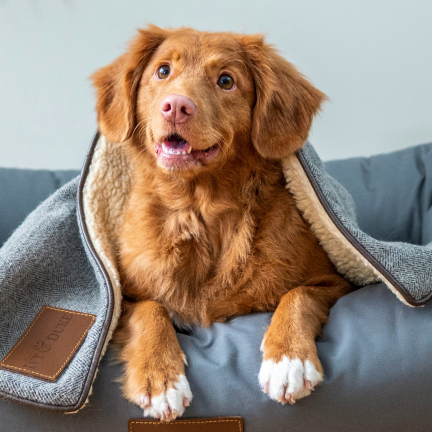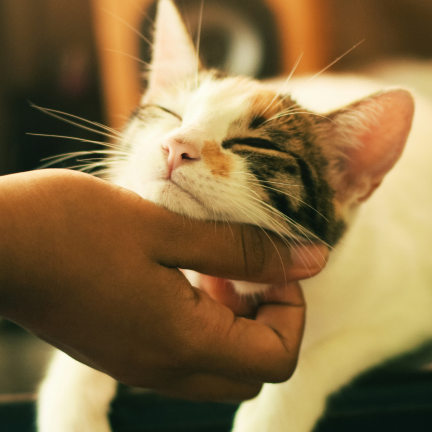At Hamilton Animal Hospital, we believe every pet deserves care that is safe, thorough, and backed by the latest veterinary standards. That includes how we approach your pet’s dental health.
While non-anesthetic dental cleanings (NADs) may seem like a less stressful or safer option, the reality is that they don’t address the full picture of your pet’s oral health—and in many cases, they can delay the diagnosis or treatment of serious conditions. That’s why our hospital recommends and only offers anesthetic dental cleanings for dogs and cats.
Here’s why:
1. Most Dental Disease Happens Where You Can’t Reach
Over 60% of dental disease lies below the gumline. While NADs remove visible plaque, they cannot reach deep enough to clean where infection and pain often begin—such as the periodontal pockets and root surfaces.
2. We Need X-rays to Truly See What’s Happening
A thorough dental exam includes full-mouth radiographs to detect hidden issues like bone loss, abscesses, or resorptive lesions. Without X-rays, we may miss painful or advanced disease—issues that NADs simply can’t diagnose or treat.
3. Risk of Aspiration and Stress
Because NADs are performed without intubation, pets are at risk of aspirating water, bacteria, or debris into their lungs. The procedure also typically requires prolonged restraint, which can be distressing—especially for senior or anxious pets.
4. No Polishing = Faster Tartar Buildup
Scaling leaves tiny grooves on the tooth surface. If polishing isn’t done after (as is the case with NADs), these grooves provide more surface area for plaque to accumulate—leading to faster tartar return.
5. Yes, Anesthesia Carries Risk—But It’s Safer Than Ever
We understand that anesthesia can feel intimidating. But today’s medications, pre-op screening, and advanced monitoring greatly reduce those risks. And with your pet intubated, we can protect their airway and ensure a thorough, pain-free, and medically complete cleaning. Anesthesia also allows us to make your pet’s experience pain-free, comfortable, and complete.
What Veterinary Experts Say
Leading veterinary organizations are clear on this subject:
AVMA (American Veterinary Medical Association): "Cleaning a companion animal’s teeth without general anesthesia is considered unacceptable and below the standard of care."
AAHA (American Animal Hospital Association): Recommends anesthesia for all dental procedures.
AVDC (American Veterinary Dental College): Classifies NADs as cosmetic, not medical.
Have Questions?
If you’re unsure whether your pet is due for a cleaning or want to learn more about anesthetic dental care, we’re here to help. Give us a call to speak with a member of our team.
Your pet’s health is worth it—and we’re honored to help them live a longer, more comfortable life by your side.



